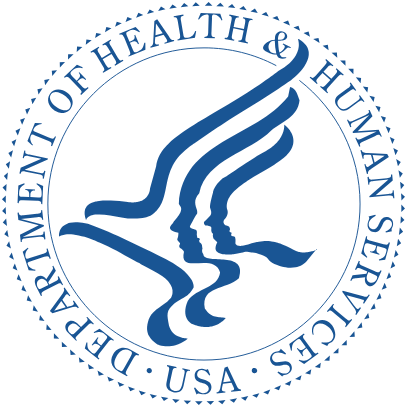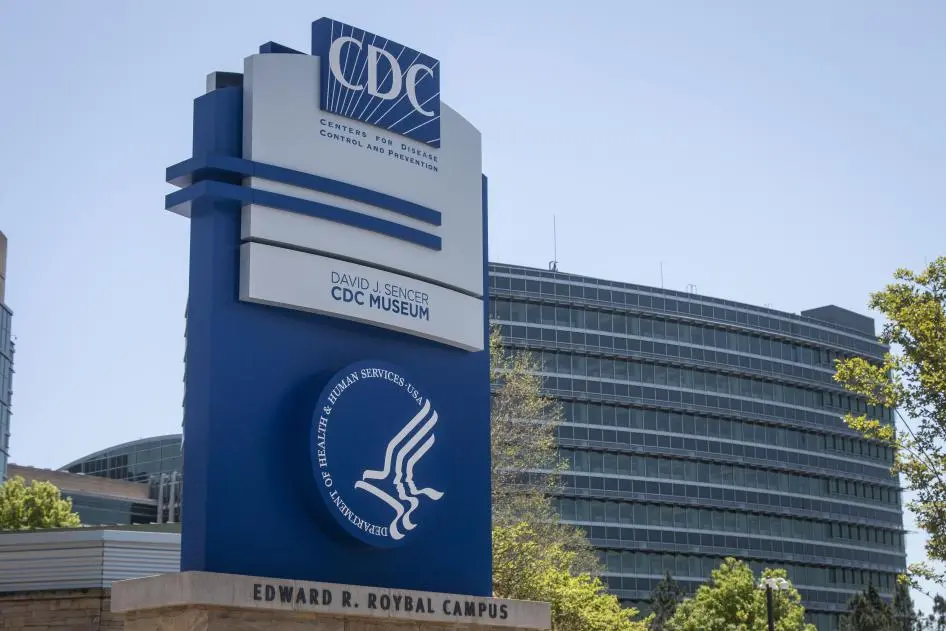Health Agency exist to protect public well-being, guide medical practice, and ensure that health advice is based on evidence. But politics can complicate this mission. At times, political leaders issue health guidelines that scientists and medical experts believe lack solid evidence. In such situations, the health agency response to political guidelines becomes a critical test of institutional credibility, scientific integrity, and public trust.
This article explores how health agencies and professional medical bodies navigate these conflicts. It examines the strategies they use to maintain scientific standards, the risks they face when resisting political pressure, and the broader consequences for public health and democracy.
The Tension Between Politics and Public Health
Health guidelines are not just scientific documents; they are also political tools. Leaders often want to show decisive action during crises or push forward policies that align with their agendas. Yet when political guidance conflicts with evidence, it puts agencies in a difficult position.
- Example: During the COVID-19 pandemic, some political leaders promoted unproven treatments. Health agencies had to clarify, sometimes even contradicting statements made by elected officials.
- Another instance: Guidelines on reproductive health or substance use have occasionally reflected political ideology more than scientific consensus.
In such cases, the credibility of both the government and the health system is on the line.

How Health Agencies Typically Respond
When faced with political directives that appear to lack evidence, health agencies usually respond in measured, strategic ways. Their goal is to preserve scientific credibility while avoiding direct confrontation with political leaders.
1. Reaffirming Evidence-Based Standards
Agencies often issue statements emphasizing that their guidelines are rooted in peer-reviewed evidence and expert consensus. By restating scientific standards, they draw a clear distinction between professional recommendations and political directives.
2. Publishing Independent Guidance
If political guidance strays too far from accepted medical practice, agencies may release their own clarifying documents. For example, the Centers for Disease Control and Prevention (CDC) has, in past controversies, published technical guidance even when political rhetoric suggested otherwise.
3. Using Neutral, Non-Political Language
To avoid escalating conflict, agencies carefully craft language that corrects misinformation without directly accusing political leaders of being wrong. This approach helps maintain professional credibility while reducing the risk of political backlash.
4. Partnering with Professional Medical Bodies
Organizations such as the American Medical Association (AMA) or the National Academy of Medicine often step in to support evidence-based positions. This allows agencies to amplify their message through respected external voices.
5. Engaging with the Public and Media
Health agencies sometimes turn to public communication campaigns to reinforce accurate information. Fact sheets, press briefings, and expert interviews help counterbalance political messaging.
Professional Medical Bodies as a Counterweight
Independent medical organizations play a vital role in the health agency response to political guidelines. Because they are not tied directly to government funding or political cycles, they can speak more freely.
These groups often:
- Issue public statements correcting misinformation.
- Provide continuing education to physicians on evidence-based practices.
- File legal briefs or challenge policies in court when public health is at stake.
- Collaborate with international health organizations to align national guidance with global standards.
For example, when political debates have influenced vaccine messaging, professional bodies have repeatedly emphasized the overwhelming scientific consensus on vaccine safety and effectiveness.
Risks and Challenges in Pushing Back
Challenging political leadership is not without risks. Health agencies may face:
- Funding threats: Political leaders can cut budgets or restrict resources for agencies that defy them.
- Leadership changes: Agency heads may be replaced with individuals more aligned with political agendas.
- Public confusion: Mixed messages from political and health leaders can erode public trust, even if agencies are scientifically accurate.
- Legal challenges: Agencies that release independent guidance may face lawsuits from groups aligned with political directives.
Despite these risks, most agencies see protecting scientific credibility as worth the struggle, since public trust is their most valuable asset.
Consequences of Weak or Politicized Guidelines
When political guidelines overshadow evidence-based recommendations, the consequences can be serious:
- Erosion of Public Trust
If people believe health guidance is politically motivated rather than science-driven, they may stop following it altogether. - Confusion Among Medical Professionals
Doctors and hospitals depend on reliable guidance. Conflicting directives can delay treatment decisions and reduce consistency in care. - Increased Risk to Public Health
Policies based on weak evidence may expose people to unnecessary risks or provide a false sense of security. - Damage to Institutional Credibility
Once an agency is seen as politically compromised, rebuilding trust can take years.
Strategies for Maintaining Scientific Integrity
To safeguard their mission, health agencies often adopt specific strategies to strengthen their credibility:
- Transparency in Methods: Publishing the data and methodology behind recommendations helps build trust.
- Expert Panels: Using advisory committees of independent scientists provides additional credibility.
- Global Collaboration: Aligning with the World Health Organization (WHO) or other international bodies helps reinforce legitimacy.
- Long-Term Consistency: Agencies strive to keep their core recommendations stable, even if political winds shift.
These approaches reinforce the idea that science is a steady guide, separate from politics.
The Role of the Courts and Oversight
Sometimes, disputes over health guidelines end up in the courts. Judicial review can provide a check on political overreach, particularly when agencies argue that evidence-based mandates are being undermined.
Congressional oversight also plays a role. Lawmakers may hold hearings to question whether political interference is compromising health policy. This scrutiny can empower agencies to hold their ground against unscientific directives.

Case Studies: Lessons Learned
COVID-19 and Unproven Treatments
When political leaders endorsed untested drugs, agencies like the FDA and CDC had to clarify that safety and efficacy were unproven. These statements, though measured, helped prevent widespread misuse.
Tobacco and Public Warnings
Earlier in U.S. history, efforts to regulate tobacco faced strong political and industry resistance. Persistent warnings from agencies and medical bodies eventually shifted public opinion, demonstrating the power of consistent evidence-based messaging.
Women’s Health Guidelines
At times, reproductive health guidance has been influenced by ideology. Yet professional bodies like the American College of Obstetricians and Gynecologists consistently reinforced science-based standards, ensuring patients received reliable information.
Looking Forward: Balancing Politics and Science
The health agency response to political guidelines will remain a recurring challenge. As global crises like pandemics, climate change, and chronic disease continue, the need for evidence-based health policy is greater than ever.
Future success will depend on:
- Stronger safeguards to protect agencies from political interference.
- Greater investment in public communication to counter misinformation.
- Continued partnership between agencies, professional bodies, and global organizations.
- A public that values and demands evidence-based health guidance.
Conclusion
The health agency response to political guidelines reveals the delicate balance between science and politics. When political leadership issues health advice lacking evidence, agencies must navigate the challenge of correcting misinformation without losing support. Their strategies—reaffirming science, partnering with professional bodies, engaging the public, and maintaining transparency—are vital for protecting credibility.
Ultimately, the strength of public health depends not just on data and medicine but also on the ability of institutions to stand firm against political pressures. In defending evidence-based guidance, health agencies safeguard both public health and democracy itself.
Do Follow USA Glory On Instagram
Read Next – $100,000 H-1B Fee: Trump’s New Visa Policy Sparks Debate






